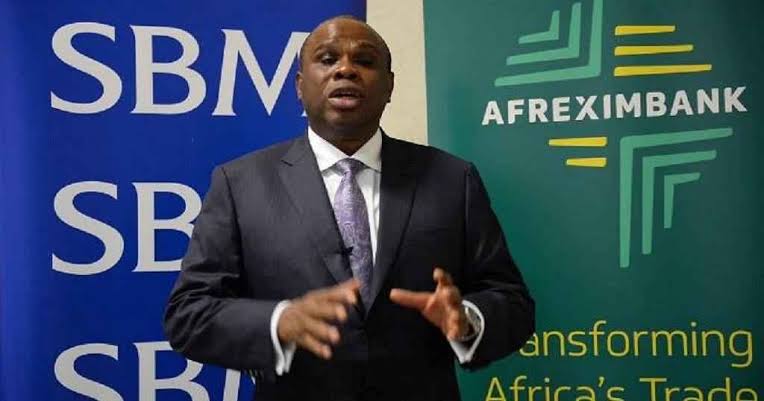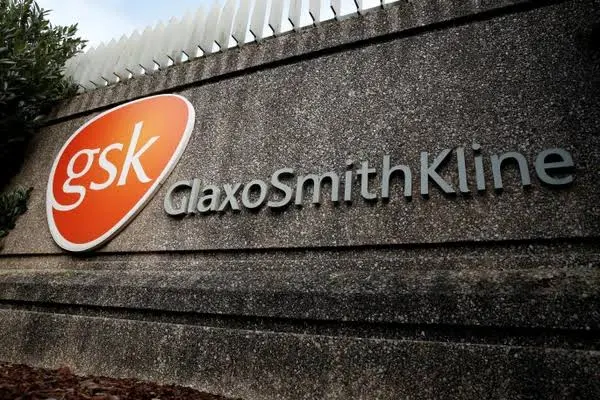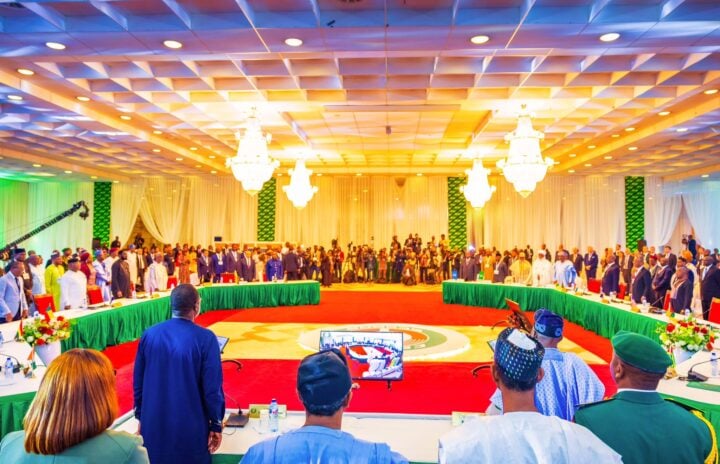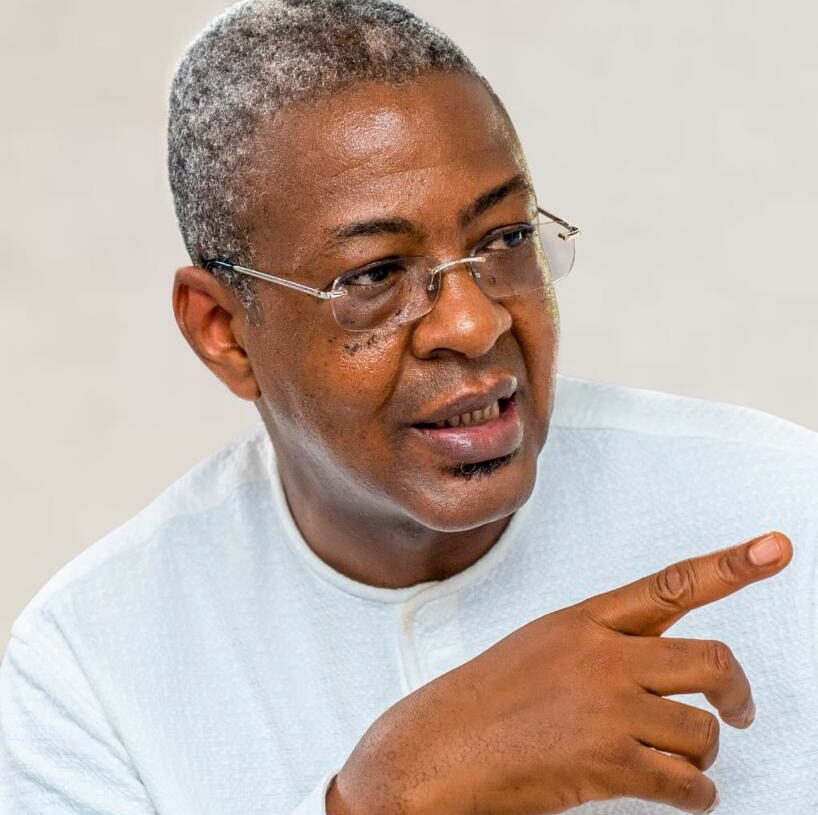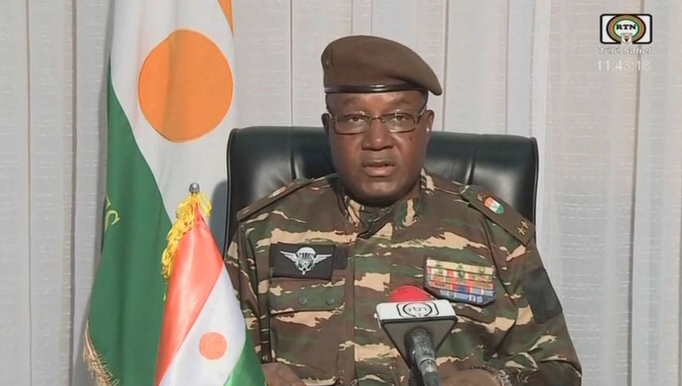“It’s the economy, stupid”. This phrase, deployed by President Bill Clinton’s campaign team during his successful run for United States President in 1992, sought to highlight the primacy of economic considerations, in any grand political agenda. It also helps to situate the importance of the Pan-African Payment and Settlement System (PAPSS), championed by Prof. Benedict Okey Oramah, President and Chairman of the Board of Directors of the African Export–Import Bank (Afreximbank), in the effective and beneficial integration of African countries, and in line with the objective of the African Union (AU).
Prior to the economy assuming such political apogee, the AU, which is the succeeding body of the Organisation for African Union (OAU) established in 1963, had been heavy on political dosage akin to the “Seek ye first the political kingdom and all else shall be added onto you” ideology, espoused by the likes of Osagyefo Kwame Nkrumah. That all else has not been automatically added onto Africans after political kingdoms have been established, perhaps demonstrates the primacy of economics, the necessity of economic tools such as PAPSS to African integration, and the importance of the work that Oramah is doing.
At the recent AU Heads of State Summit on July 16, 2023 at Nairobi, Kenya, the summit had three-point objectives, firstly fast-tracking the integration process in Africa; examining division of labour among the AU, Regional Economic Commissions and the states; and considering the AU Institutional Reform. That fast-tracking the integration process in Africa, which has been an objective of the regional body since 1963 was the first objective, underscores the importance of feasible approaches that can enable proper continental integration. Pre and post-colonial African leaders such as Nnamdi Azikiwe (Zik of Africa) with his Renascent African philosophy, Kwame Nkrumah, Julius Nyerere, Haile Selassie, Gamal Nasser and Sekou Toure have all promoted effective integration of the continent, as a panacea for its socioeconomic challenges. The outcome has however been less than desirable. And this is where PAPSS comes in.
Officially launched in Accra, Ghana on January 13, 2022, PAPSS is a centralized Financial Market Infrastructure that facilitates efficient flow of money securely across African borders, and in the process, minimizing risks, as well as contributing to financial integration across the five regions of the continent. PAPSS collaborates with central banks in the continent, to provide a payment and settlement service whereby commercial banks and licensed payment service providers across the region can connect as ‘Participants’. PAPSS was first announced by Afreximbank and the AU at the Twelfth Extraordinary Summit of the AU held on July 7, 2019, in Niamey, Niger Republic. The Summit adopted PAPSS as a key instrument for the implementation of the African Continental Free Trade Agreement (AfCFTA). Also, the Assembly of AU in its thirteenth extraordinary session, held on the December 5, 2020, recommitted and instructed the Afreximbank and the AfCFTA Secretariat to finalize among others, work on the PAPSS. The 35th Ordinary Session of the Assembly of the AU, further directed the AfCFTA and Afreximbank to deploy the payment system to cover all of Africa.
Advertisement
To validate the proposition on the role of economics and trade in regional integration, the European Union (EU) is a good case study. The EU, which is a political and economic union of some European countries, is as diverse as it is in Africa, with 27 countries and 24 working languages. As further validity of the role of economics in effective regional integration, the United Kingdom (UK), is the only member that has exited the EU, which it did in 2020, after voters opted for ‘Brexit’ in a 2016 referendum. Though an EU member from 1973, the UK did not adopt the Euro, which is the currency of EU member states. It can be argued that not adopting the euro currency may have weakened the bonds the UK had with the EU, which made an exit feasible. Economics and trade are therefore the most effective glue for regional integration.
But there can be no effective trade and regionally integrating economic activities, if payments are ineffective and inefficient. Payment is therefore the consummation of trade and economics. And this can help explain the poor situation of trade within Africa, and continental integration by extension. There are 42 different non-convertible currencies on the continent simultaneously, while intra-African trade remains low at 18.2 per cent or $169.7 billion in 2021. This is in comparison with the continents trade with America at 47 percent, Asia at 61 percent and Europe at 67 percent. As at Q2 2021, no African country was among the top ten import trading partners of Nigeria, Africa’s largest economy.
Prior to PAPSS, the Society for Worldwide Interbank Financial Telecommunication (SWIFT) was the main platform for African banks to conduct cross-border financial transactions, leading to an estimated loss of about $5 billion annually, thereby making trade among Africa countries inefficient. Intra-regional payments sometimes took up to 2 weeks- that is if successful. Other economic problems such as trapped funds amounting to $1billion in aviation industry, with 11 African countries accounting for $700 million, due to scarcity of foreign exchange, especially the US dollar, are economic challenges that can be addressed with an efficient cross border payment system within the continent.
Though PAPSS commenced in 2022, adoption has not been as quick as envisaged. The challenges of implementing such regional-wide schemes, should not come as a surprise to Oramah, the Afreximbank boss, who is also a Professor of International Trade and Finance, and his team at the bank that includes Mike Ogbalu, the CEO of PAPSS. The establishment of the OAU was made possible through adroit political skills displayed by Nkrumah, Selassie, Nasser and other leaders of the ‘Casablanca Group’, in their negotiations with the African leaders that constituted the ‘Monrovia Group’. Oramah will therefore have to demonstrate similar political astuteness, if PAPSS will be a successful project. The outstanding phase is for the central banks of countries yet to adopt and implement the payment system, to do so within 12 months.
Advertisement
What political cum management approaches can be adapted by Oramah and Afreximbank to speed up PAPSS adoption across Africa, within the shortest possible time?
At present PAPSS implementation is much higher in West Africa, who largely participated at the trial stage, when compared to the four other regions of Africa, which are East Africa, Southern Africa, North Africa and Central Africa. Oramah and the bank can appoint a Head of State from each of the AU recognized Regional Economic Communities (REC) spread across the five regions of continent, as ‘PAPSS Ambassadors’. It now becomes the responsibility of each PAPSS Ambassador, preferably the leader of the country chairing the REC, or the REC’s largest economy, to see to it that PAPSS is properly implemented by the central banks in each country of the REC- and thus effectively in the whole Africa.
This could potentially see William Ruto of Kenya for East African Community (EAC) in East Africa; Paul Kagame of Rwanda for Economic Community of Central African States (ECCAS) in Central Africa and as Chairman of AU Institutional Reform; Abdel Fattah el-Sisi of Egypt for Arab Maghreb Union (UMA) in North Africa; Abiy Ahmed of Ethiopia for Intergovernmental Authority on Development (IGAD) in Horn of Africa; Cyril Ramaphosa of South Africa for Southern African Development Community (SADC) in Southern Africa; and Alassane Ouattara of Côte d’Ivoire for Economic Community of West African States (ECOWAS) in West Africa, particularly for the West African Monetary and Economic Union under the French acronym (UEMOA), and for countries transiting colonial and post-colonial economic agreements; as PAPPSS Ambassadors. That way, the effort is institutionalised, and political accolades shared.
There may be a role for leading Pan-Africanist Olusegun Obasanjo as ‘PAPSS Grand Ambassador’, as Obasanjo, who is also Chairman of the Intra-African Trade Advisory council, has consistently demonstrated an ability to win the confidence of leaders across the continent, meditating in difficult conflicts, and getting tasks accomplished. Utilising the RECs aligns with the objective of the Abuja Treaty of 1991, which situates the RECs as building blocks of the African Economic Community. In the event that potential PAPSS Ambassadors such as President Sisi of Egypt is unable to make headway in North Africa due to the working condition of the AMU, then the agreement that PAPSS has signed with BUNA of the Arab Monetary Fund (AMF) in 2022, can be leveraged on, as AMU countries are also AMF member countries. Shared political glory is key to the success of this strategy. The PAPSS Ambassadors will also make the payment system a frontline foreign policy and economic issue for the RECs and countries, as well as frontline issue for subsequent AU, African Development Bank, and other continental events.
And there are other regional and foreign policy goals that PAPSS can help to achieve, given the cascading nature of what technology can do with payment systems. It can enable in the medium-to-long term, a harmonization of the 42 currencies in the continent, that potentially support the creation of a single currency for Africa. At sub-regional level, it can mitigate the diplomatic differences between the UEMOA and West African Monetary Zone (WAMZ) blocs of ECOWAS, which hampered the launch of the ‘ECO’ currency.
Advertisement
At an expanded level, it provides the backbone for sustainable attainment of the AU ambition towards the full participation of the African Diaspora such as the Caribbean people, in the continent’s development efforts. This is evidenced by the opening of the Afreximbank Caribbean Community and Common Market (CARICOM) Office at Barbados on August 4, 2023, to support the implementation of the Partnership Agreement between Afreximbank and CARICOM member states for expanded Africa-Caribbean trade and investment relations, as well as give life to the AU Diaspora Strategy that designates the African Diaspora as Africa’s sixth region. It also facilitates effective linkage between CARICOM Single Market and AfCFTA. Already, Air Peace, Nigeria’s biggest aviation carrier commenced direct flights to the two-island Caribbean country of Antigua and Barbuda on August 5, 2023 in line with this objective, with more regular flights expected in the near future.
There are further objectives that PAPSS can support, beyond the obvious economic objectives. The economic prosperity and social stability that PAPSS can facilitate, will help address many of the push factors for illegal migration. This supports in addressing concerns of the EU and other countries, expressed through various migration control programmes that cost billions of dollars, without very commensurate outcomes. The payment system is also relevant to the ‘Silence the Guns’ project of AU Agenda 2063, and other peace and conflict resolution initiatives for the continent. This is because countries that have deepened trade relations, are less likely to go to war against each other, given the attendant economic losses to warring countries.
PAPSS is not the overall solution to all economic problems of the continent. It does not singularly address the industrialization challenges of AU members. What it however does is positively contribute to significantly addressing the economic, social and political challenges of Africa.
In a world of contemporary geopolitical changes, and an international system where countries such as China and India are playing more assertive roles, PAPSS is not a challenge to any old order, but can be seen as complimentary to international peace and stability, at a time where the diplomatic moment presents itself. It is also not anti-dollar, but a collaborative approach to attaining development for Africa, which the US, EU and other partners support.
Advertisement
An effective and efficient intra-African payment system is essential for intra-African trade. And the desired level of integration within the African continent cannot be attained without integrated trading. PAPSS as developed by Afreximbank, is therefore positioned to support the people of Africa in effective trade, economic and political integration. This will hopefully, achieve the desired level of regional integration as championed by Azikiwe, Nkrumah, Nasser, Selassie, Toure, among other African leaders and people. Benedict Okey Oramah may have indeed, become a worthy son and practical champion of a truly integrated Africa!
Dr. Uwanaka writes from African University of Science and Technology, Abuja. [email protected]
Advertisement
Views expressed by contributors are strictly personal and not of TheCable.

